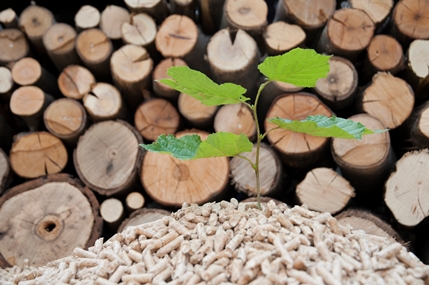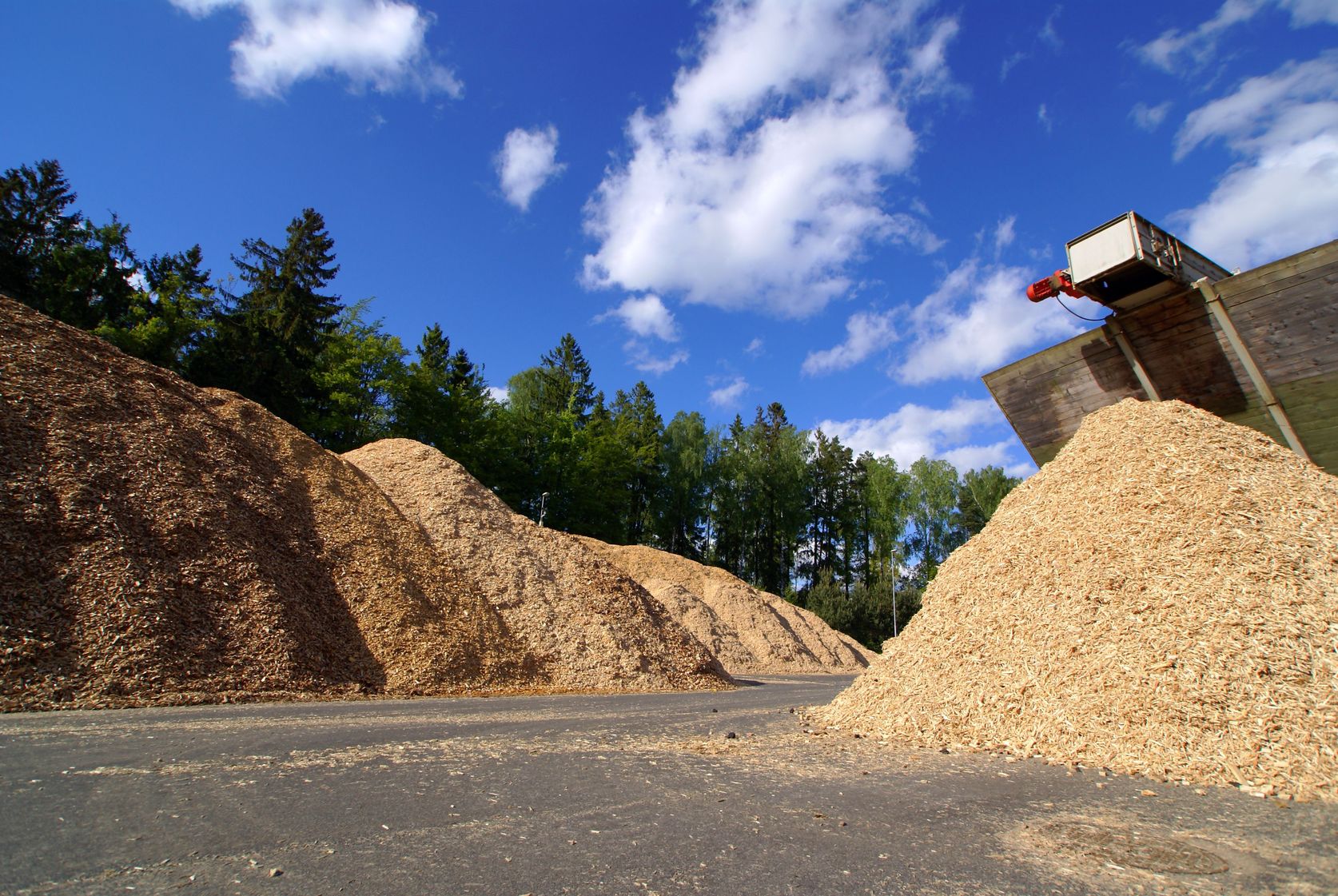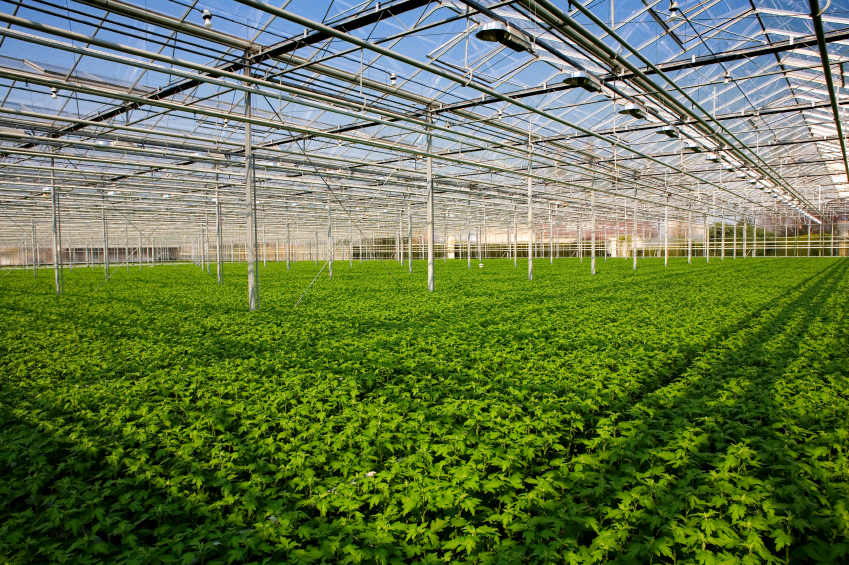The updated Better Biomass certification scheme has been published by NEN. This scheme enables certification to the 2nd edition of NTA 8080, the standard including sustainability and chain-of-custody requirements. The updated scheme is not only applicable to bioenergy, but also to bio-based products. In addition, the scheme is aligned with the sustainability requirements in the amended Renewable Energy Directive and those agreed within the Dutch Energy Agreement related to solid biomass. So, Better Biomass is up-to-date to facilitate the transition towards a (circular) bioeconomy with credible certification regarding the sustainability of the biomass used.
The biobased economy is an emerging economy, replacing fossil-based raw materials with bio-based materials (i.e. biomass) with potentially environmental and socio-economic benefits. One important aspect to make this transition successful is demonstrating that the biomass used is sustainably sourced. NTA 8080 describes the sustainability and chain-of-custody requirements, to trace back the origin of biomass. The Better Biomass certification scheme describes the certification rules under supervision of an accreditation council. With Better Biomass certification companies can demonstrate via an independent assessment that they comply with state-of-the-art sustainability criteria as described in NTA 8080.
Non-RED and RED biomass products
Better Biomass is one of the recognized voluntary schemes to demonstrate compliance with the sustainability requirements as laid down in Directive 2009/28/EC, also known as the Renewable Energy Directive (RED). The new version of the Better Biomass certification scheme is under reassessment. Pending this procedure, the new version of the Better Biomass certification scheme is not yet applicable to biomass products that are intended for biofuels (fuel for transport) or bioliquids (liquid fuel for other energy purposes), i.e. fall within the scope of RED.
By launching the new version of Better Biomass certification scheme, companies active in the supply chain for bio-based products can start using Better Biomass and also companies in the field of solid and gaseous biomass can upgrade their certification by implementing the state-of-the-art sustainability criteria.
More information
The webportal www.betterbiomass.com provides more information and documentation about the Better Biomass certification scheme. Interested parties are also invited to join the Better Biomass Day that will be organized on 7 June 2017. For more information, contact the Better Biomass scheme managers by e-mail info@betterbiomass.com or phone +31 15 2 690 326.




